Unbelievably English
The Southeast of England now produces some of the world’s finest grapes. Really! All our vines are within 50 miles of London and we’re committed to keeping things local.
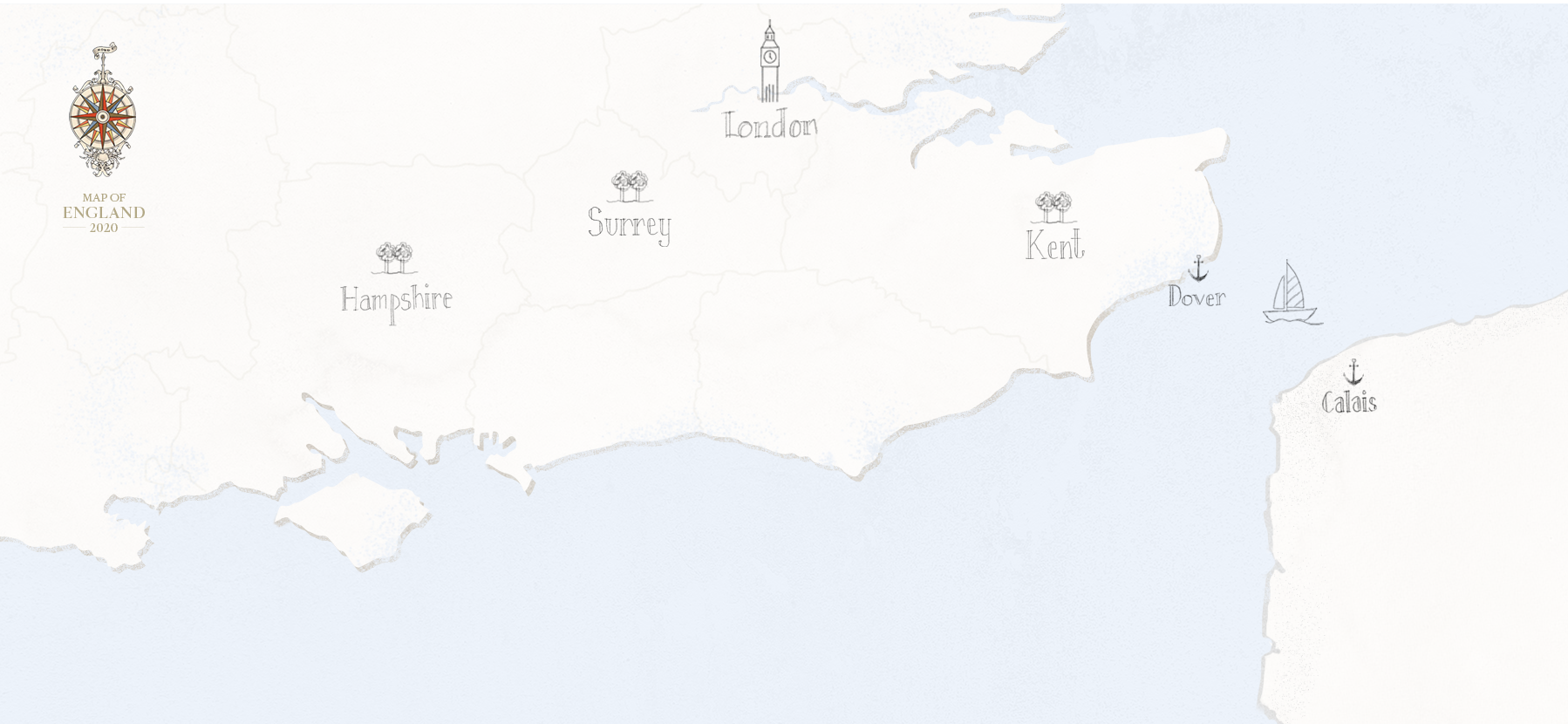
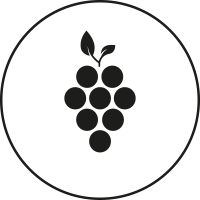
Grapes
For many, Pinot Noir is the key Champagne grape. Unbelievably tricky to grow but worth every ounce of effort, these grapes burst with strawberry fruity flavours and give our rosé its pale pink colour.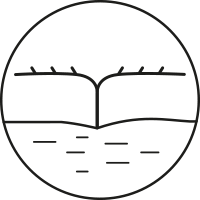
Soil
A foot of clay silt loam topsoil sitting on a pure chalk base. Minerally goodness.
Topography
55m-70m above sea level. Moderate slope. Running along the Itchen Valley facing south-southeast.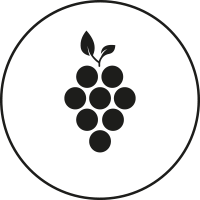
Grapes
Chardonnay is known to many and unfairly underrated. One of the 3 Champagne varietals, we blend this with Bacchus to add more body and length to our bubbly white.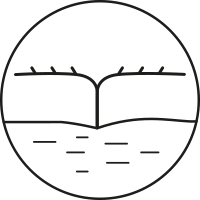
Soil
Clay silt loam topsoil sitting on the chalky Downs. Perfect for growing high acidity grapes for fresh wines.
Topography
40-70m above sea level with a moderate slope. Facing south-southeast settled in the North Downs.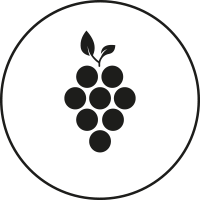
Grapes
Chardonnay, the third grape to make up traditional Champagne. We blend them with our Bacchus to give more body.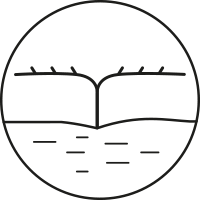
Soil
One and a half feet of silty clay loam sitting atop a chalk subsoil. Top drainage.
Topography
40m-55m above sea level running along the northern edge of the North Downs. South-southeast facing with a low to moderate slope.
Grapes
For many, Pinot Noir is the key Champagne grape. Unbelievably tricky to grow but worth every ounce of effort, these grapes burst with strawberry fruity flavours and give our rosé its pale pink colour.
Soil
A foot of clay silt loam topsoil sitting on a pure chalk base. Minerally goodness.
Topography
55m-70m above sea level. Moderate slope. Running along the Itchen Valley facing south-southeast.
Grapes
Chardonnay is known to many and unfairly underrated. One of the 3 Champagne varietals, we blend this with Bacchus to add more body and length to our bubbly white.
Soil
Clay silt loam topsoil sitting on the chalky Downs. Perfect for growing high acidity grapes for fresh wines.
Topography
40-70m above sea level with a moderate slope. Facing south-southeast settled in the North Downs.
Grapes
Chardonnay, the third grape to make up traditional Champagne. We blend them with our Bacchus to give more body.
Soil
One and a half feet of silty clay loam sitting atop a chalk subsoil. Top drainage.
Topography
40m-55m above sea level running along the northern edge of the North Downs. South-southeast facing with a low to moderate slope.Breaking Tradition for the Better
Some believed English wine would never be good enough. Some still believe great wines should not be canned.
With growing conditions similar to Champagne 50 years ago and the evolution of new technology, we knew it was the perfect time to push England’s young wine industry into new territory. In 2017, with 5 tonnes of Bacchus grapes we seized the opportunity to crush preconceptions and became the first in the UK to can English wine.
In 2022, we are still the very finest by bringing you award-winning wines in the unexpected ways. Without compromise. The can is just the start.
Unbelievably Good Bubbly
We are the first and only Certified B Corp wine in the UK. As A B Corp(TM), we have joined a global community using business as a force for good.
At The Uncommon we are aware that our future successes will be due, in part, to climate change that has already occurred, and that will continue to do so. This is why sustainability has been cultivated at our core.
From our local production, to our low carbon footprint cans, to our carbon positive canning process, we are here to make beautiful wine for people and for planet.
Understand the Can
Our cans are not only better for our style of wine, but also better for the planet.
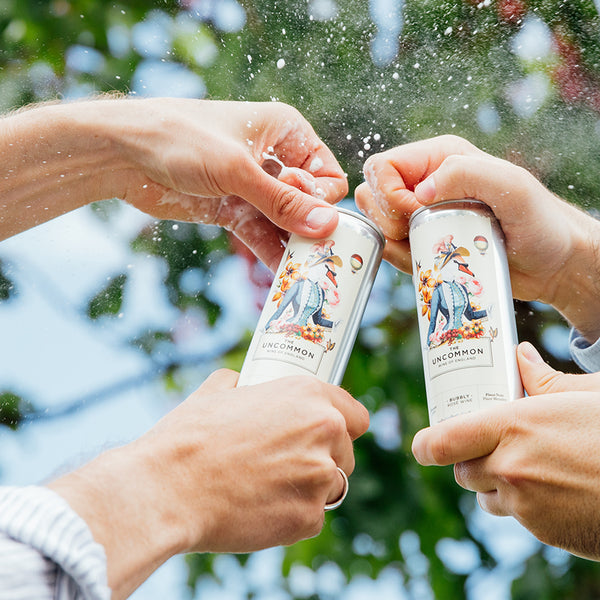
We make young, spritzy, aromatic wines.
Air and light are the worst things for them.
Our cans keep our delicious wines fresher for longer.
So, if you want wine bursting with freshness, pick up a can.
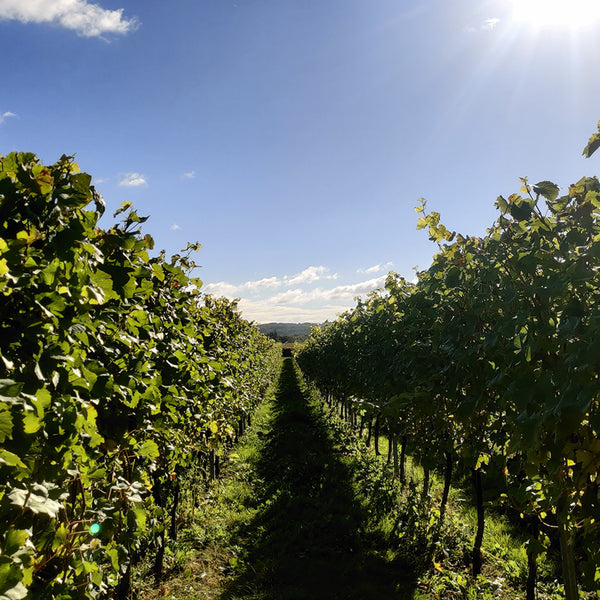
Cans have a carbon footprint 1/4 of that of a traditional bottle.
The aluminium used is endlessly recyclable.
A glass bottle takes more energy to recycle than make new.
Cans recycle with a fraction of the energy making them.
And end up back on the shelf as a new can within 60 days.
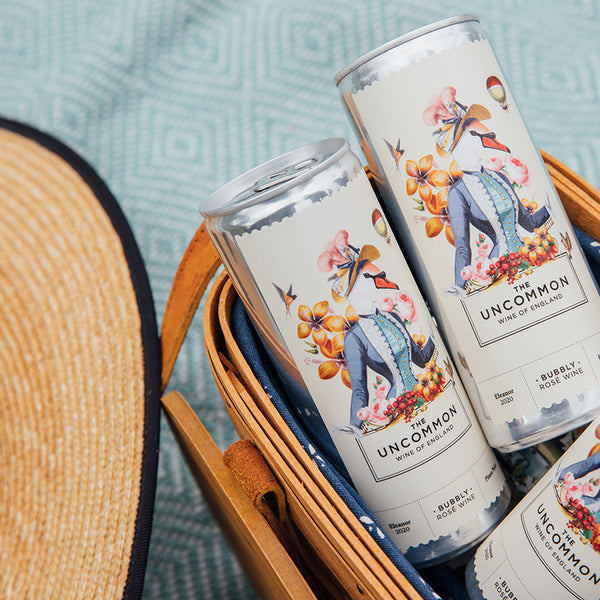
Find yourself without a corkscrew? Not a problem.
Want to get out and about? They’re lighter than air.
Only want a little bit of bubbly? One is just 1/3 of a bottle.
Want some variety in your life? You could sample our taster pack.

We make young, spritzy, aromatic wines.
Air and light are the worst things for them.
Our cans keep our delicious wines fresher for longer.
So, if you want wine bursting with freshness, pick up a can.

Cans have a carbon footprint 1/4 of that of a traditional bottle.
The aluminium used is endlessly recyclable.
A glass bottle takes more energy to recycle than make new.
Cans recycle with a fraction of the energy making them.
And end up back on the shelf as a new can within 60 days.

Find yourself without a corkscrew? Not a problem.
Want to get out and about? They’re lighter than air.
Only want a little bit of bubbly? One is just 1/3 of a bottle.
Want some variety in your life? You could sample our taster pack.





